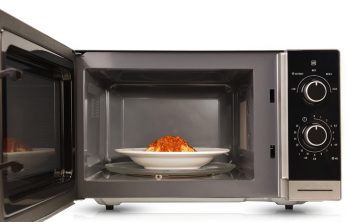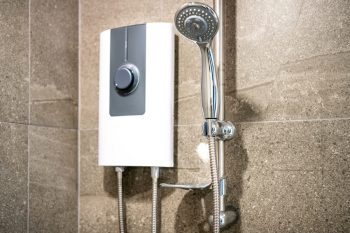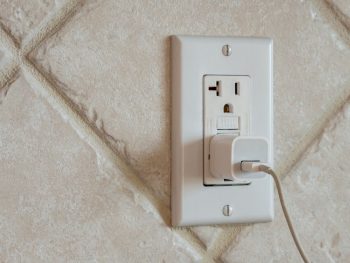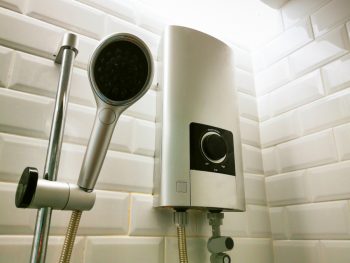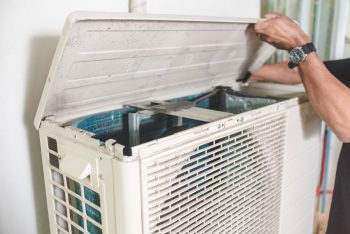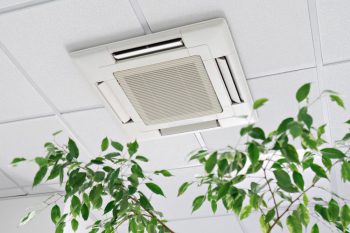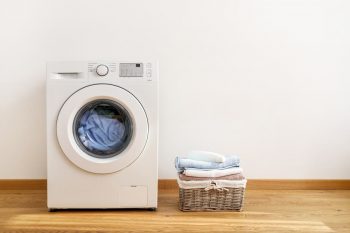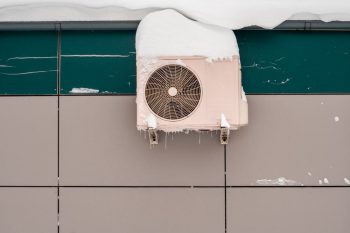
Is it time to get a new air conditioner for your home? AC units are expensive investments, and knowing the right time to repair or get a replacement can help save a lot of money. One of the most important things to remember before replacing the AC is the unit’s efficiency. Additionally, replacing the air conditioner can help avoid costly repair services.
Therefore, look at some signs to help you identify when your air conditioning device requires replacement.
Here are eight key things to consider before replacing your air conditioning system. First, you need to consider the unit’s age if the unit is blowing warm air, making strange noises, or has humidity issues. Likewise, if the air conditioner has a problem with the thermostat, uses an outdated coolant, breaks down too often, or uses too much electricity, you might need to replace it.
If you have an issue with your HVAC, we recommend getting a repair expert to look at the unit and assess its performance. Then, they are well-equipped to advise you on the best solution to reduce expensive repairs while improving your aircon’s efficiency.
8 Signs That You Need To Replace Your Air Conditioner
Unfortunately, nothing is permanent. Though air conditioners are durable, they are still prone to wear and tear, especially under pressure.
Here are some of the most common signs that your climate control unit needs replacement.
1. AC Is Blowing Warm Air
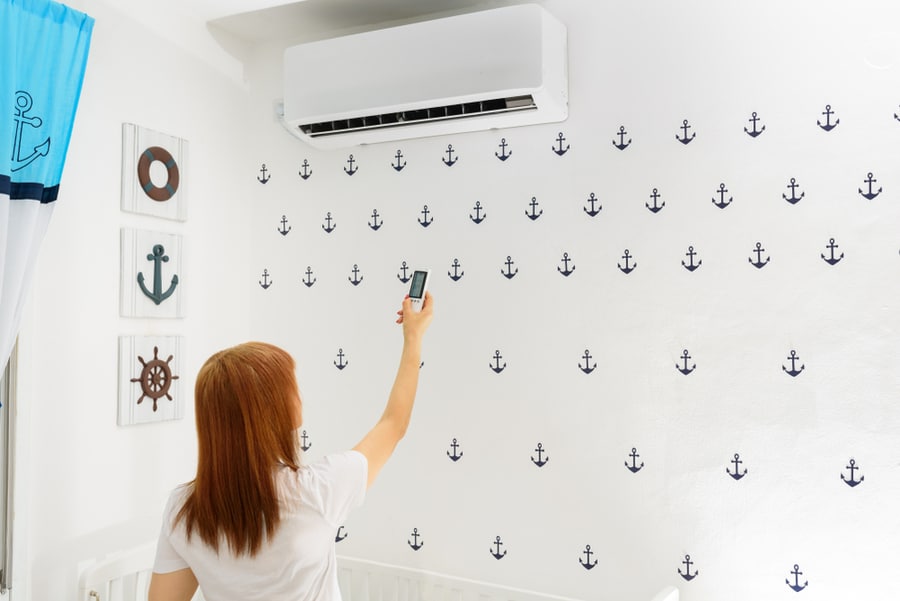
The central AC might need to be replaced if it struggles to blow warm air around the house or office. A faulty air conditioner requires more time to cool rooms and maintain that desired temperature.
Clogging, wear, and tear are the most common reasons for the issues. In addition, if the evaporator or condenser coils are damaged or blocked, the unit has a problem with the heat transfer process. As a result, the aircon system will have trouble cooling air around the evaporator coils, leading to warm air getting blown around the house.
Though the problem can be easily fixed by having a repair technician look at the appliance, if it persists, you might be looking at costly repairs in the future. Replacing the unit can help permanently solve the issue.
2. The Air Conditioner Is Too Old
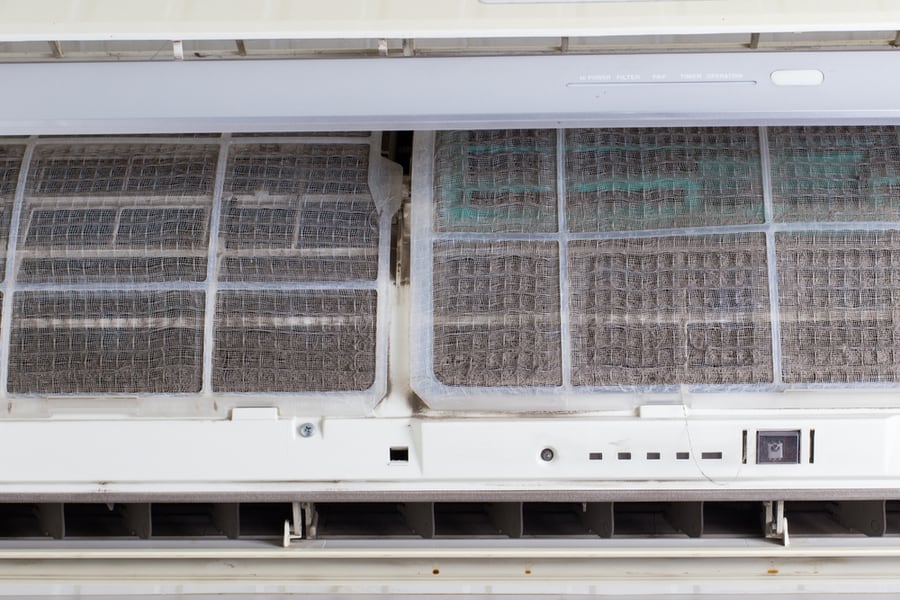
Have you considered that your air conditioner might be too old? Most devices have a lifespan of about 10-15 years if regularly maintained. When your split AC starts running out of time, it experiences more frequent breakdowns than before. Replacing should help prevent further costly repairs and keep your office cool.
3. Strange Noises Coming From the Unit
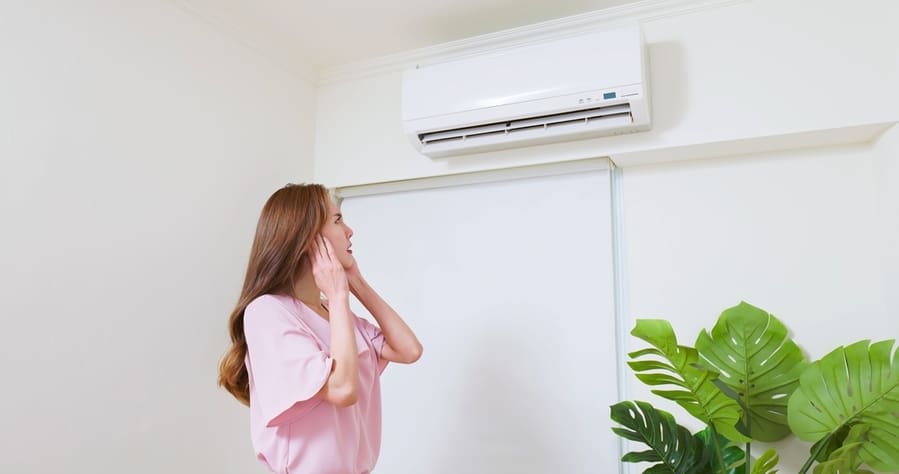
Thirdly, strange sounds from your air conditioning system are not a good sign. It is common to hear soft humming sounds when your AC is running. However, loud rattling, hissing, squeaking, clicking, or grinding noises might mean trouble for your unit.
Wear and tear are often the main culprit for the sounds. During operations, vibrations can dislodge AC parts and knock them out of place. As a result, you hear rattling or grinding noises as the parts move around the device.
Additionally, if you have a defective relay switch, you might notice more frequent clicking noises in your outdoor unit. The relay switch is responsible for turning on the compressor during a cooling cycle. However, if the contact relay is defective, the compressor struggles to start, leading to clicking sounds.
When you hear any weird sounds from your aircon system, you should have an HVAC professional look at your device. It might indicate that your AC is reaching the end of its life.
4. The Aircon Has Humidity Issues

Another sign that the air conditioner needs replacement is if you are experiencing moisture build-up around the house.
Besides removing heat from the air, air conditioners also work as dehumidifiers. During the cooling process, moisture in the air is removed and condenses along the evaporator coils. The water is then collected and disposed of outside.
However, if your aircon is not working efficiently, the evaporator coils might have problems extracting water from the air. When this happens, rooms around the house will get stuffier and more uncomfortable. Furthermore, windows and ducts will be more prone to fogging up even when the AC is running.
If you notice any weird smells around the vents, it might signify mold growth. Moisture build-up can cause mold and mildew to grow inside the AC unit, a considerable health problem.
5. Freon Refrigerant Leaks
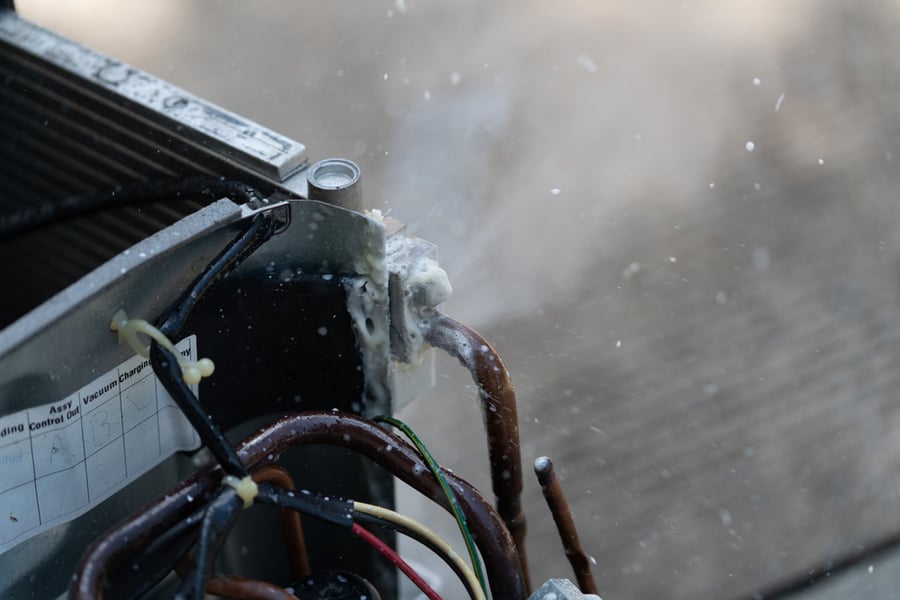
Refrigerant leaks can also be another reason to get the air conditioner replaced. The use of Freon (R-22) coolant came under heavy fire and was eventually stopped due to environmental concerns. Likewise, the purchase of the coolant was restricted to certified HVAC professionals.
Unfortunately, for homeowners that have an AC that uses R-22, we recommend switching to another climate control unit. Freon leaks are highly poisonous, and continuous exposure can mean trouble. In addition, getting a repair professional to handle and refill the coolant might be more expensive in the long run.
Newer air conditioners that use refrigerants like R-410A are an excellent choice because they combine high-efficiency performance while reducing their environmental footprint. Additionally, most of the unit’s components are widely available, making them cheaper to repair than R-22 ACs.
6. Thermostat Problems
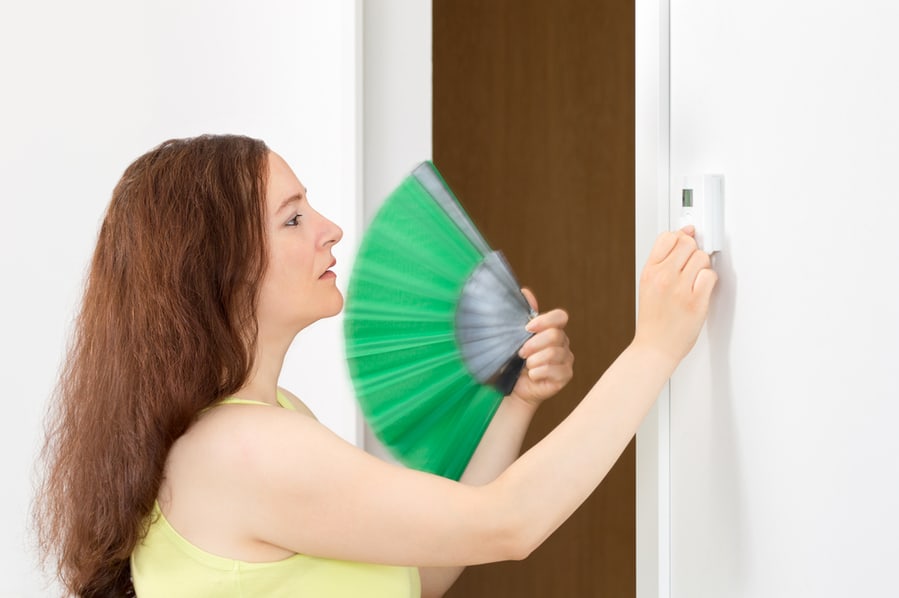
Furthermore, if the thermostat in the AC is not working correctly, it might indicate something is wrong with the unit. This is because the thermostat controls the cooling cycles of the air conditioner. Once the system cools down the room to the set temperature, the thermostat turns off the compressor, preventing it from overworking.
The unit’s cycle gets out of balance when the thermostat is faulty. As a result, the compressor might need to run for short but more frequent cooling cycles, leading to overworking. Likewise, a defective thermostat might also cause parts of the room to be colder than others.
A couple of underlying factors can cause your thermostat to start acting up. It would help if you first get an HVAC professional to examine the unit and identify the issue. If the problem persists, you might be forced to replace the thermostat.
7. High Electricity Bill
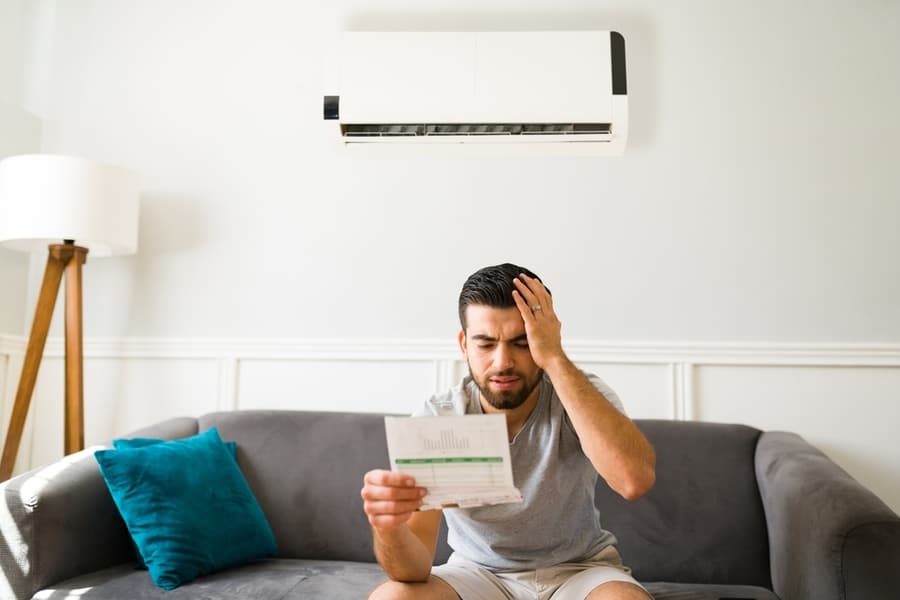
In addition, if your air conditioning unit is not running efficiently, you might have higher utility bills. Damaged or faulty devices must work harder to cool rooms and maintain the set temperature. In addition, inefficient heat transfer leads to more unit cooling cycles, increasing energy consumption.
Though regular maintenance can help improve the appliance’s performance, it might only offer a temporary solution. Getting an AC replacement should improve cooling around the office and reduce energy consumption.
8. AC Needs Frequent Repairs
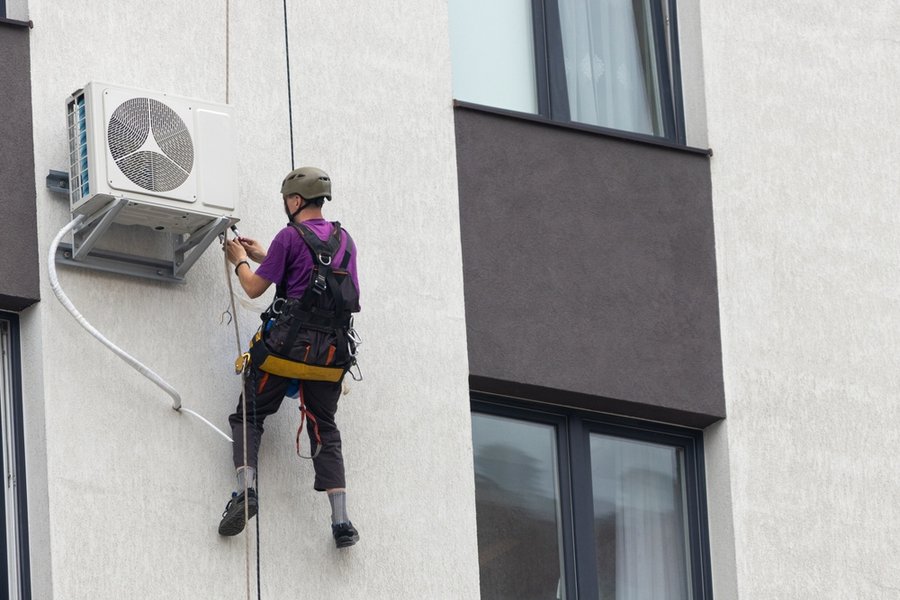
Lastly, if your air conditioner breaks down too often, it is time to replace it. Repairing an AC can be expensive, especially if you repeatedly have to deal with the same recurring problem. However, though it might have high capital costs, it cuts down on overall maintenance, repair costs, and energy consumption.
Summary
Is it time to replace your air conditioner? Buying a new unit can help improve the cooling ability around your house and save you a few bucks on expensive energy bills and maintenance costs. However, getting a replacement AC is not cheap either.
Here are a few things to look for before getting a replacement for your aircon unit. If your AC is too old, blows warm air, has humidity issues, or makes strange noises, repairing might lead to unnecessary costs. In addition, if the aircon system uses an outdated refrigerant, has a faulty thermostat, uses too much electricity, or has to be repaired too often, you might need a replacement.
Always consult with an HVAC professional before getting an AC replacement. They will help identify the problem and advise you on the best way to solve the issue.
Frequently Asked Questions
How Often Should an Air Conditioner Be Replaced?
Proper maintenance means your air conditioning system should last 10-15 years before needing replacement. When this time runs out, you should consider replacing the unit rather than repairing it.
Is It Better To Repair or Replace an AC?
Sadly, the answer is not that simple. A couple of factors need to be considered before making the decision. They include:
- How often the unit breaks down.
- The age of the unit.
- How efficient the AC is.
- What is wrong with the aircon.
- Your HVAC professional’s recommendation.

